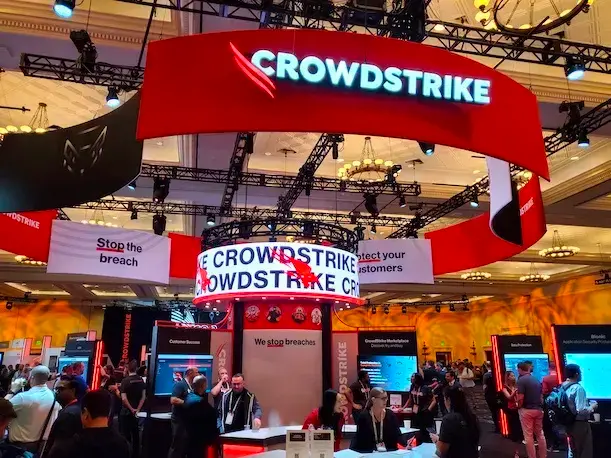CrowdStrike To Acquire Data Security Startup, Boosts Guidance
Shares in the cybersecurity giant surged in after-hours trading following the release of its latest quarterly results and higher revenue guidance.

CrowdStrike announced it will acquire a data security posture management (DSPM) startup and increased its revenue guidance Tuesday.
Shares in the cybersecurity giant surged in after-hours trading following the release of its latest quarterly results and higher guidance. CrowdStrike’s stock price was up 25 percent, to $372.25 a share, as of this writing Tuesday evening.
[Related: 5 Big Things To Know From CrowdStrike’s 2024 Threat Report]
Meanwhile, CrowdStrike announced it has reached a deal to acquire Flow Security, an Israel-based company founded in 2021. Terms of the acquisition weren’t disclosed.
Flow Security stands out as “the industry’s first and only cloud data runtime security solution,” CrowdStrike Co-founder and CEO George Kurtz said Tuesday during the company’s quarterly call with analysts.
With the planned acquisition, CrowdStrike is expected to become the latest vendor to enter the fast-growing DSPM space through a startup acquisition. Prior deals included Palo Alto Networks’ acquisition of Dig Security last fall and Rubik’s acquisition of Laminar in August.
For the fourth quarter of CrowdStrike’s fiscal 2024, ended Jan. 31, the company reported that revenue grew 33 percent from the prior year, reaching $845.3 million. That surpassed the consensus estimate of Wall Street analysts for the quarter of $839.08 million.
Highlights of the company’s recent results have included massive growth with MSSPs, Kurtz said during the call Tuesday.
“Our MSSP business is growing by triple digits, year over year, fueled by the right technology, strategy and partners,” he said.
‘Copycat’ Products
Kurtz also said during the call that CrowdStrike’s unified, consolidated security platform is winning out against the approaches taken by other vendors — slamming competing offerings as unoriginal and ineffective.
“Disjointed, point feature, copycat products clutter the market, attempting to bandaid symptoms instead of curing the illness,” Kurtz said. “Even worse, multi-platform hardware vendors evangelize their stitched-together patchwork of point products, masquerading as thinly veiled, piecemeal platforms.”
Ultimately, “it's the organizations trapped in these fragmented, pseudo-platforms — riddled with bolt-on point products — that are the ones suffering from fatigue,” he said.